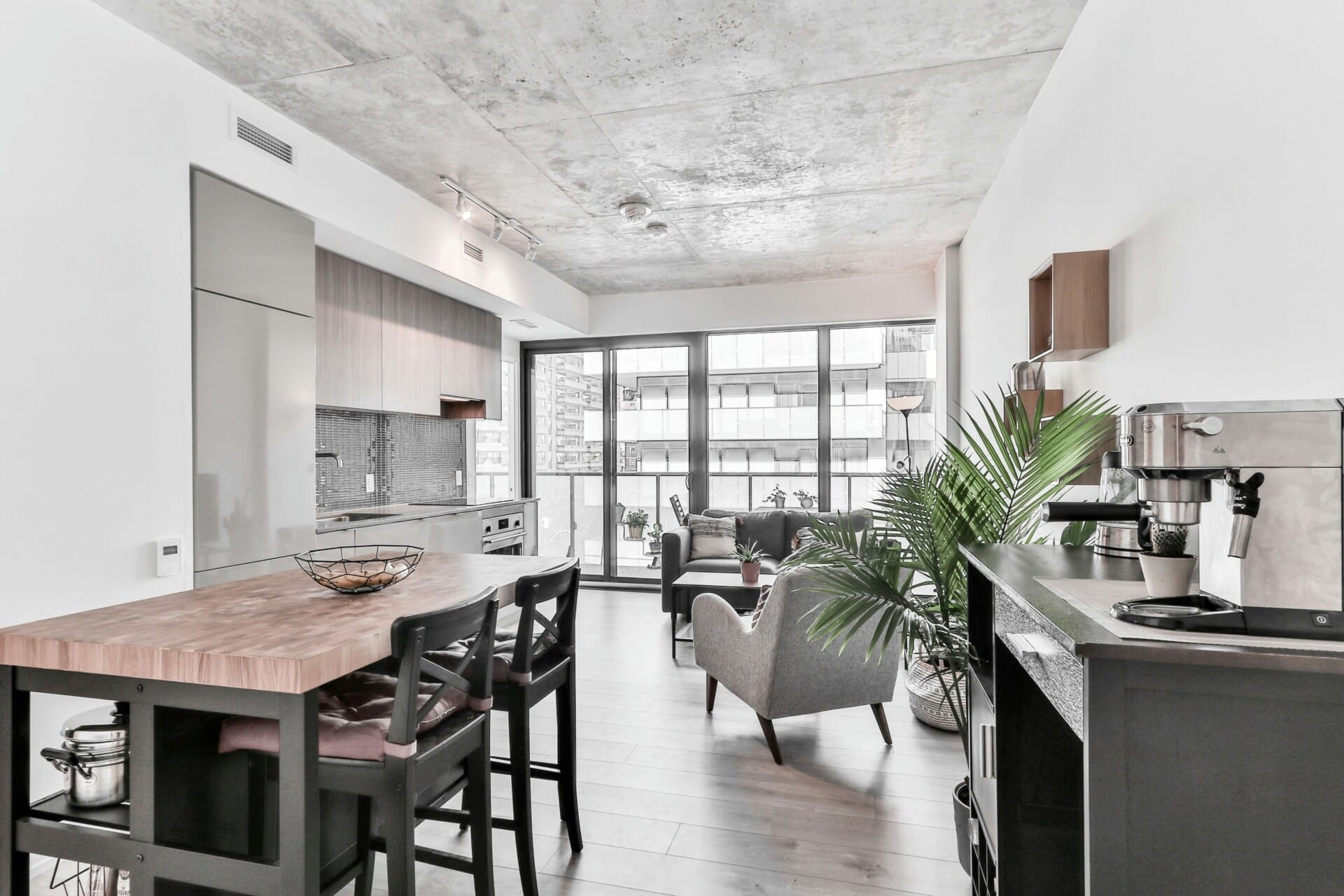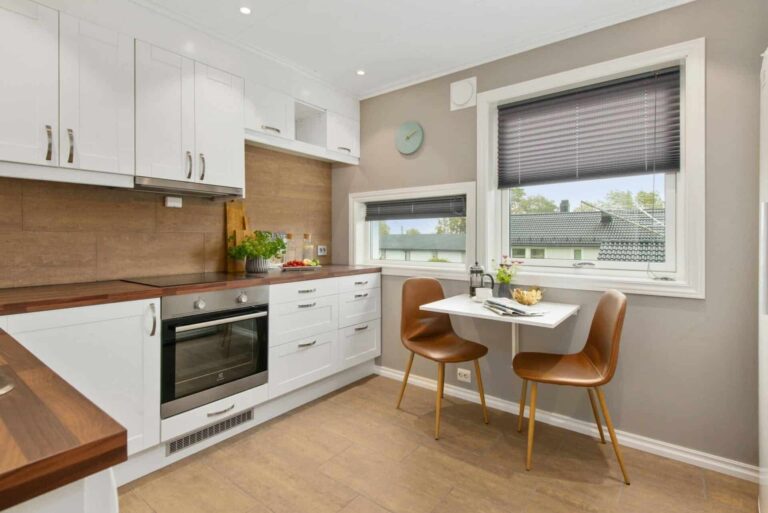Embarking on a home construction project is an exciting journey filled with countless decisions that can shape your living environment for years to come. Whether you are building your dream home from the ground up, adding an extension to accommodate a growing family, or renovating an existing space to breathe new life into it, selecting the right contractor is one of the most crucial steps in this process. The contractor you choose will not only influence the quality of work but can also impact your project’s timeline, budget, and overall experience. With a myriad of options available, the challenge lies in identifying a professional who aligns with your vision, adheres to your budget, and possesses the expertise necessary to bring your ideas to fruition. In this article, we will explore a range of strategic tips to help you navigate this pivotal decision, ensuring that you find a contractor who is not just skilled, but also trustworthy and communicative. From understanding the importance of clear objectives and thorough research to tips on evaluating credentials and fostering effective collaboration, these insights will empower you to make an informed choice, setting the stage for a successful home construction project.
Identifying Your Project Needs and Budget Considerations
Before embarking on your construction journey, it’s essential to clearly define what you need for your project. This involves making a comprehensive list of your goals, preferences, and required services. Consider the following aspects:
- Project Type: Are you looking for a new build, a remodel, or an addition?
- Style and Design: Do you have specific aesthetics in mind that will influence the look and feel of the final product?
- Timeline: How quickly do you want the project completed, and do you have any critical deadlines?
Having a clear understanding of your budget is equally important. Estimating project costs involves more than just the price of materials and labor—think about potential unforeseen expenses that may arise. Create a budget outline that includes:
| Budget Category | Estimated Cost |
|---|---|
| Materials | $XXXX |
| Labor | $XXXX |
| Permits/Inspections | $XXXX |
| Contingency Fund | $XXXX (10-15% of total costs) |
Once you have outlined your project needs and budget, it’ll be easier to communicate with potential contractors. This clarity not only helps in obtaining accurate quotes but also ensures that both you and the contractor are aligned on project expectations and limitations. Remember, flexibility is important; a good contractor will work with you to find solutions that fit within your specified parameters while achieving your desired outcome.

Evaluating Credentials and Experience in the Construction Industry
When embarking on a home construction project, it’s crucial to assess potential contractors meticulously. Start by checking their credentials, which typically include licenses, certifications, and memberships in professional organizations. This not only reflects their dedication to quality standards but also their commitment to ongoing education in the industry. Additionally, don’t hesitate to ask for proof of insurance: it protects you from potential liabilities during the construction process.
Experience is equally important, as contractors with a proven track record are often better equipped to handle unexpected challenges. Inquire about their previous projects that are similar in scope to yours. Evaluate factors such as the timeline of completion and budget adherence. A seasoned professional will have a portfolio that highlights their versatility and innovation, showcasing a range of styles and solutions tailored to various client needs.
To help you compare contractors effectively, consider creating a table to track important details. This allows for a straightforward side-by-side assessment, making your decision-making process smoother. Below is a simple format you can customize:
| Contractor Name | Experience (Years) | License Status | Insurance Coverage | Project Type Specialization |
|---|---|---|---|---|
| ABC Construction | 15 | Valid | Full | Residential |
| XYZ Builders | 10 | Valid | Partial | Commercial |
| Elite Homes | 20 | Valid | Full | Luxury |

Conducting Thorough Interviews and Checking References
When it comes to selecting the right contractor for your home construction project, conducting thorough interviews is essential. By preparing a list of targeted questions, you can gain crucial insights into the contractor’s experience, approach, and compatibility with your vision. Consider asking about:
- Previous Projects: Inquire about similar projects they’ve completed to assess their expertise.
- Project Timeline: Discuss expected timelines and how they handle delays.
- Budgeting Strategies: Ask how they manage budget constraints and unforeseen expenses.
Additionally, it’s important to gauge their communication style. A contractor who is transparent and readily available will contribute to a smoother project. Pay attention to their willingness to answer questions and provide updates. You want someone who not only has the technical skills but also values a collaborative relationship throughout the construction process.
After your interviews, checking references is the next step that shouldn’t be overlooked. Request a list of past clients and take the initiative to reach out. When you speak with references, focus on aspects such as:
- Quality of Work: Did the final product meet the client’s expectations?
- Work Ethic: Was the contractor reliable and professional throughout the project?
- Problem-Solving Skills: How did they handle challenges that arose during construction?
Gathering this information will give you a well-rounded view of the contractor’s capabilities and help you make an informed decision. You might even consider creating a simple reference table to keep track of your findings.
| Contractor Name | Quality of Work | Reliability | Problem-Solving |
|---|---|---|---|
| ABC Construction | Excellent | Very Reliable | Proactive |
| XYZ Builders | Good | Reliable | Reactive |
| Home Renovators | Average | Occasional Delays | Needs Improvement |

Understanding Contracts and Payment Structures for Peace of Mind
When embarking on a home construction project, it’s essential to grasp the intricacies of contracts and payment structures. A well-defined contract can serve as a roadmap, detailing the scope of work, timelines, and quality expectations. Ensure that the contract includes specific elements such as:
- Project Description: A detailed outline of the work to be completed.
- Timeline: Clear deadlines for different phases of the project.
- Material Specifications: Types of materials to be used to prevent unexpected upgrades.
- Change Orders: Procedures for handling modifications post-agreement.
Payment structures can vary significantly among contractors. Understanding the different options available can help alleviate financial anxiety. The most common payment structures include:
- Fixed Price: A set total cost for the project, beneficial for budgeting.
- Time and Materials: You pay for the actual time and materials used, offering flexibility but potentially leading to inflated costs.
- Milestone Payments: Payments made at various stages, ensuring you only pay for completed work.
- Retainage: A portion of the payment is withheld until the project is fully completed to satisfaction.
| Payment Structure | Advantages | Disadvantages |
|---|---|---|
| Fixed Price | Predictable costs | Less flexibility for changes |
| Time and Materials | Flexibility and transparency | Potential for unexpected costs |
| Milestone Payments | Ensures progress | Risk of incomplete work |
| Retainage | Incentives for completion | Delayed final payment |
Ultimately, the blend of a solid contract and a well-designed payment structure can provide you with peace of mind throughout your construction journey. Clear documentation not only protects you but also fosters a better relationship with your contractor. Communication is key; discussing these aspects before the project begins can set a positive tone and expectations for all parties involved.
Q&A
Q&A: Tips for Choosing the Right Contractor for Your Home Construction Project
Q: Why is choosing the right contractor crucial for my home construction project?
A: Selecting the right contractor is pivotal because it can make or break your project. A skilled contractor will ensure that your vision is realized within your budget and timeline, while safeguarding against potential pitfalls and ensuring quality workmanship. Without the right expertise, you may face delays, unexpected costs, and subpar results.
Q: What are the first steps I should take to start my search for a contractor?
A: Begin by defining your project’s scope and budget. Once you have a clear idea of what you want, gather recommendations from friends, family, or local building supply stores. Research online reviews and check for industry affiliations, such as memberships in professional builders’ associations. This foundation will help you create a list of potential candidates.
Q: How can I verify a contractor’s credentials and qualifications?
A: It’s essential to check for proper licensing, insurance, and bonding. Every state has specific regulations regarding contractor credentials, so ensure your prospective contractor meets those requirements. Additionally, request references and check their previous work to gauge the quality and reliability of their services.
Q: What should I ask during the interview process with potential contractors?
A: Prepare a list of questions, including:
- How long have you been in business?
- Can you provide a portfolio of completed projects?
- What is your estimated timeline for completion?
- How do you handle changes in the project scope?
- Can you provide a written estimate and contract?
The answers will give you insight into their experience, project management style, and communication skills.
Q: Is it important to get multiple quotes? Why?
A: Yes, obtaining multiple quotes is essential for several reasons. It allows you to compare costs and services, understand the market rate for your project, and gain insight into different approaches contractors might take. A too-low quote might indicate a lack of experience or hidden costs down the line, while an excessively high one might not guarantee superior service.
Q: How can I assess a contractor’s communication style?
A: Pay attention to how responsive they are during your initial interactions. A good contractor should be open, approachable, and willing to listen to your needs. During meetings, notice if they ask questions and provide feedback. Clear communication is vital for a smooth construction process, so finding someone who aligns with your communication preferences is key.
Q: What red flags should I be aware of during my hiring process?
A: Watch for contractors who demand large upfront payments, lack a physical business address, or are unwilling to provide references or a detailed contract. Verbal agreements can lead to misunderstandings, so always insist on having everything in writing. If they seem rushed or dismissive during discussions, it may indicate a lack of professionalism.
Q: Once I choose a contractor, what should I do next?
A: After selecting a contractor, review the contract carefully before signing. Ensure all project specifics, payment schedules, and timelines are clearly outlined. It’s also beneficial to establish regular communication check-ins throughout the construction process. This ensures all parties are on the same page, fostering cooperation and addressing any concerns that may arise.
Q: How can I maintain a good relationship with my contractor during the project?
A: Maintaining transparency, open lines of communication, and a respectful demeanor can foster a productive relationship. Be clear about your expectations and any changes you might want throughout the process. Regular site visits and check-ins will also help keep everything aligned and encourage accountability on both sides.
Choosing the right contractor is an essential step towards realizing your dream home. By following these expert tips, you are more likely to partner with someone who shares your vision and commitment to quality. Happy building!
Key Takeaways
As you embark on the journey of home construction, selecting the right contractor is not just a step in the process; it’s the keystone to realizing your vision. With careful consideration and research, you can forge a partnership that transforms your ideas into reality. Remember, a great contractor does more than just carry out a plan; they become your ally, guiding you through the complexities of design and execution, while securing the integrity and safety of your home. By keeping in mind the tips outlined in this article—from vetting credentials to maintaining open lines of communication—you’ll cast aside the shadows of uncertainty that often loom over construction endeavors. As you move forward, trust your instincts, ask the right questions, and don’t shy away from sharing your dreams. With the right contractor at your side, you’re not just building a structure; you’re crafting the backdrop for countless memories yet to unfold. Happy building!


